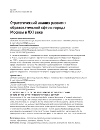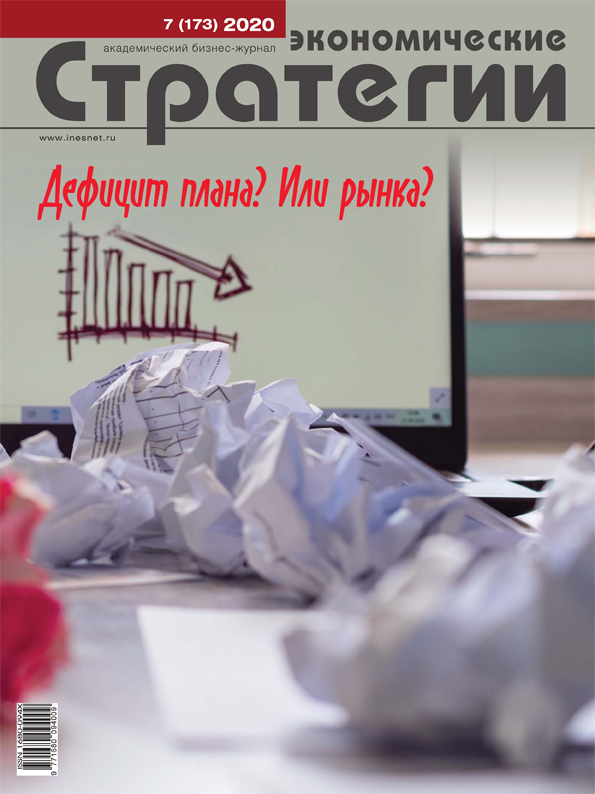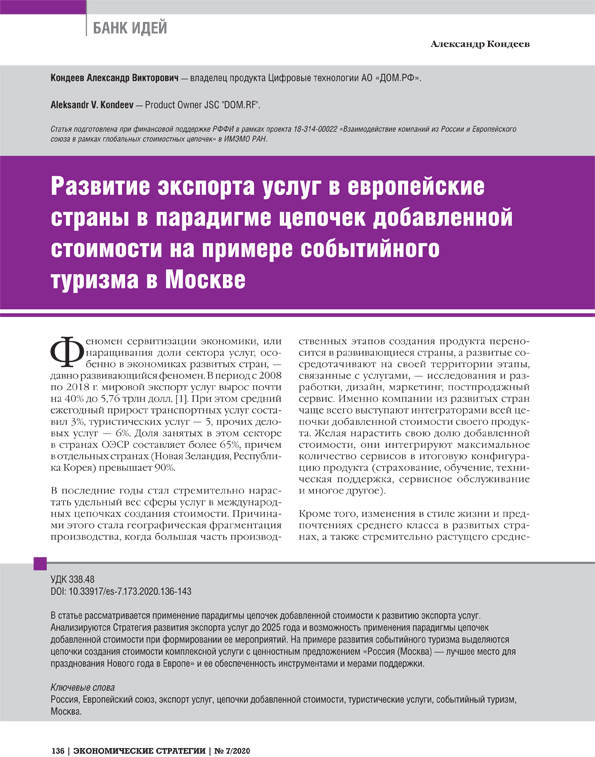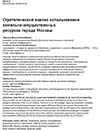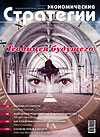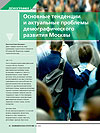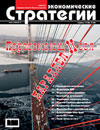Strategic analysis of the development of the educational sphere of the city of Moscow in the XXI century
DOI: 10.33917/mic-1.96.2021.88-102
In the context of the most important legislative acts and documents of strategic planning in Russia, national goals and strategic objectives for the development of the Russian Federation until 2030, the state and prospects for the development of the educational sphere of Moscow in the XXI century are analyzed. Identified external and internal contradictions and challenges to the development of the education sector in the capital of the Russian Federation associated with the dominance of technocratic and liberal – market approaches to strategic planning and education management in the city of Moscow. In this regard, strategic guidelines and prospects for the development of education in the Moscow metropolis in the medium term until 2024 are outlined.



